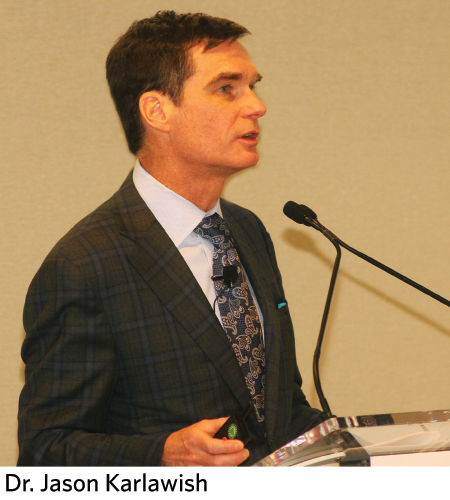Advisors should realize that for an elderly person who is the victim of fraud, the lost money is not the only problem. The lost money leads to depression and stress, said Dr. Gary R. Mottola, a research director at the Financial Industry Regulatory Authority.
Consumers are beginning to demand highly trained bankers and advisors who understand cognitive decline, added Ramsey Alwin, director of thought leadership and financial resilience for AARP. Therefore, financial advisors are going to have to be trained to recognize some health issues.
Unfortunately, the issue of cognitive impairment that impacts financial decisions—and is often first seen through financial decisions—happens just at the time people have the most money and when they are faced with more complex decisions, said Bruce Wolfe, executive director of the BlackRock Retirement Institute.
Progress is  being made on protecting financial professionals who act on their knowledge of cognitive decline and recognize when clients are making bad decisions, noted Joseph P. Borg, president of the North American Securities Administrators Association and director of the Alabama Securities Commission.
being made on protecting financial professionals who act on their knowledge of cognitive decline and recognize when clients are making bad decisions, noted Joseph P. Borg, president of the North American Securities Administrators Association and director of the Alabama Securities Commission.
A bill is pending in Congress that would protect advisors who report suspicious activity indicating financial abuse. It’s called the Senior Safe Act. Alabama, meanwhile, has passed a law requiring financial professionals to report suspected abuse and the state has developed a model law that other states can follow to do the same.
“Our law mandates that advisors report suspected abuse, but states can also make it voluntary and still enact protection for the advisors from lawsuits,” Borg said. “The next step for us is to bring all state agencies that deal with financial fraud together so they can talk to each other.”
The issues of cognitive decline and exploitation of the elderly are “where drunk driving was 25 years ago, before people took that issue seriously,” Borg said. “People are now starting to take this issue seriously.”








